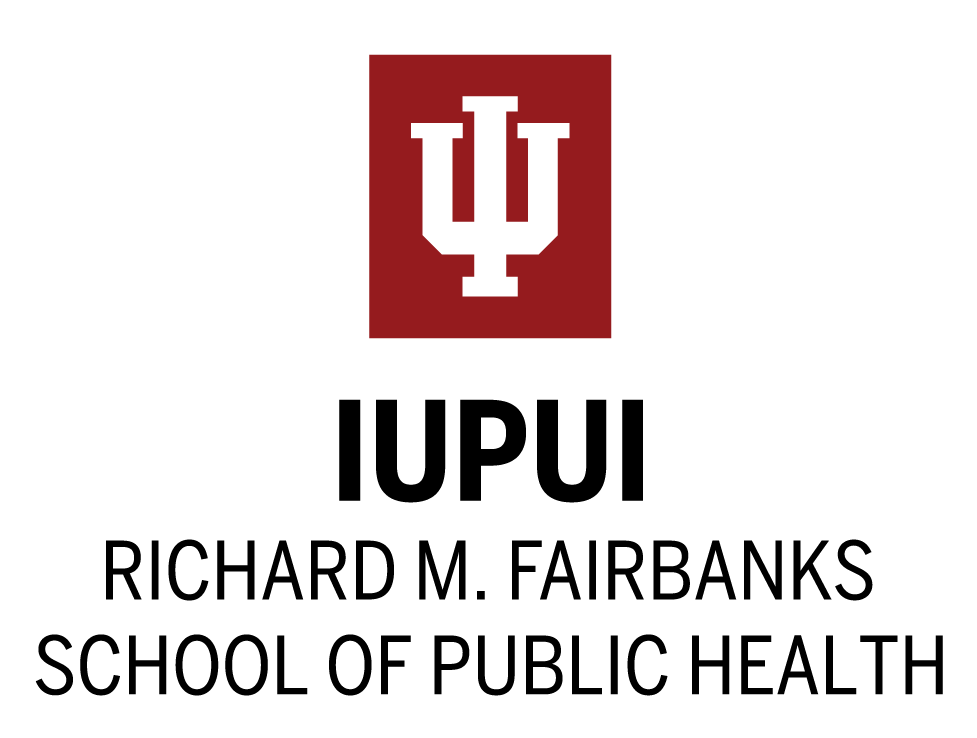The Indiana State Department of Health is collaborating with the Indiana University Richard M. Fairbanks School of Public Health at IUPUI to conduct a scientific study to measure the spread of COVID-19 throughout the state.
The closely monitored study will include random sample testing for SARS-CoV-2 -- the novel coronavirus that causes COVID-19 -- viral infections and antibodies in Hoosiers.
ISDH and IU will perform scientifically valid random sampling of Hoosiers in tests conducted in four phases over the next year, beginning Saturday, April 25.
In total, at least 20,000 Hoosiers will be tested for the study. Select members of the public are being asked to participate, by invitation only, to ensure that the sampling is representative of the population.
The scientific study will enable the state to take a critical step forward in understanding how COVID-19 is affecting Hoosiers.
"Data is key in guiding our response in the fight against COVID-19, and our partnership with Fairbanks School of Public Health researchers will provide high-quality information to help shape our decision-making," Gov. Eric J. Holcomb said.
"I want to encourage Hoosiers who are selected to participate to step forward and help us gather the critical information for this groundbreaking scientific study."
The first round of testing will begin this weekend with a pool of at least 5,000 Hoosiers randomly selected from across Indiana's 10 emergency preparedness districts.
The study will include conducting both nasopharyngeal swabs and blood draws. The nasopharyngeal swabs will be tested for COVID-19 within 72 to 96 hours, while the blood samples will be tested at a later date for antibodies to determine if an individual has had COVID-19 in the past.
Indiana University Health and Eli Lilly and Co. will process the nasal samples and report the results to ISDH. When they register for the test, participants will be able to choose the method by which they will receive their results. Registration and delivery of results will be managed by Carmel-based Zotec Partners.
Additional phases of testing will take place in late May, again in October and then in April 2021.
Led by IUPUI's Fairbanks School of Public Health, an interdisciplinary team of IU scientists, physicians and epidemiologists designed the study and developed the scientific plan for execution by state agencies. The IU team will also analyze the study results and provide scientific interpretations of the data to the state.
"This is a critical step toward understanding how COVID-19 has affected the population of Indiana," said Nir Menachemi, professor and Fairbanks Endowed Chair in the Fairbanks School of Public Health and principal investigator on the study. "Our results will contribute valuable information to the complex considerations necessary for relaxing the stay-at-home order and other social-distancing policies."
State Health Commissioner Dr. Kris Box said the study is key to understanding the impact of the virus among Hoosiers.
"Having the ability to not only test for the presence of this virus, but also to learn more about people who have been exposed in the past and might have antibodies that indicate past infection, will help us fine-tune our work to keep Hoosiers safe from this pandemic," Box said. "We are grateful that this partnership will help make that happen."
IU Vice President for Research Fred Cate said this work exemplifies how research is essential to the state and to the fight against COVID-19.
"The unprecedented commitment of the state of Indiana to support critical research will allow us to blaze new trails to understand and respond to the pandemic and its impact on Hoosier health and well-being," Cate said.
Participants will be notified of their eligibility for the study by mail, text message, email or phone and will be directed to the testing site closest to their residence. Registrants will receive a unique code that they will show at the testing site as proof of participation.
Testing for the study will be conducted at eight fixed and 10 mobile sites around the state from April 25 through April 29. Additional sampling may be added later depending on initial participation levels.
Support for the testing operation is being provided by the Indiana National Guard, Indiana Department of Transportation, state Emergency Medical Services personnel, and other state and private partners.


